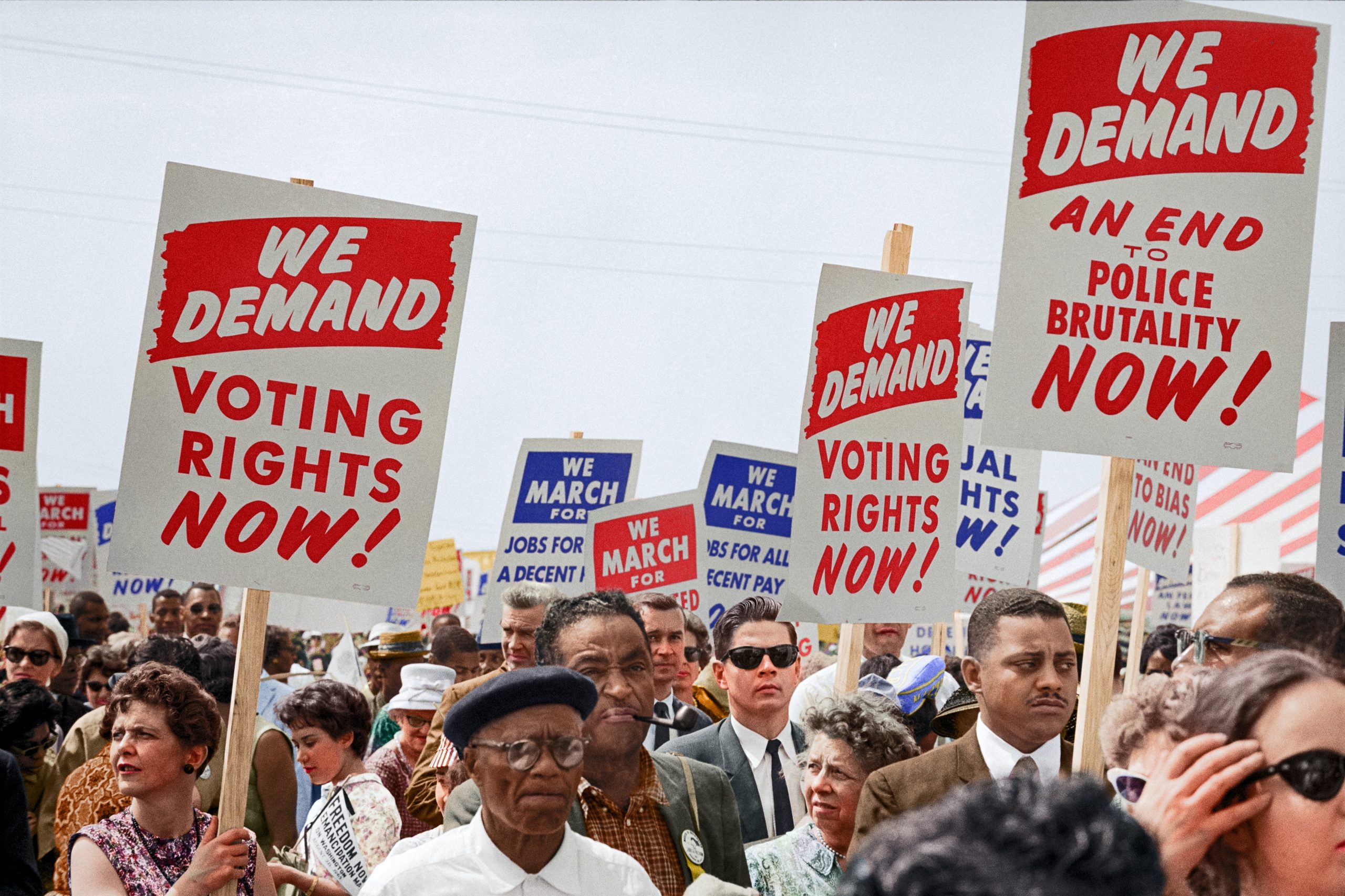Police reform has been a hotly debated topic in the United States in recent years, following high-profile cases of police brutality and the Black Lives Matter movement. While law enforcement is a critical aspect of ensuring public safety, calls for reform have increased in light of incidents involving excessive use of force, racial profiling, and a lack of accountability for police officers.
One of the most significant challenges in police reform is establishing effective policies and procedures that balance the needs of law enforcement with the rights of citizens. For instance, some advocate for increased training in de-escalation techniques and non-lethal force, while others call for the implementation of body cameras or other forms of police accountability.
Another challenge is addressing the issue of systemic racism within law enforcement. Many argue that the inherent biases present in society as a whole are reflected in the actions and attitudes of police officers, leading to disproportionate use of force against people of color. This has sparked debates over the use of racial profiling, the militarization of police departments, and the need for increased diversity in law enforcement agencies.
Additionally, police reform efforts are complicated by the lack of a unified approach to law enforcement across the country. Local, state, and federal agencies each have their own policies, procedures, and training programs, which can lead to inconsistencies and disparities in how law enforcement is carried out.
Despite these challenges, there have been some successful police reform efforts in recent years. For instance, some cities have implemented community policing programs, which aim to build trust between police officers and local residents through increased engagement and collaboration. Other efforts have focused on implementing independent oversight committees to investigate instances of police misconduct, or on providing increased resources for mental health and addiction services to reduce the need for police intervention in certain situations.
As the debate around police reform continues, it is clear that there are no easy solutions. Balancing the need for effective law enforcement with the protection of individual rights and freedoms is a complex and multifaceted issue that will require ongoing dialogue and collaboration between law enforcement agencies, community members, and policymakers.
Ultimately, the goal of police reform should be to create a system of law enforcement that is fair, just, and effective for all citizens. By addressing the challenges and implementing solutions that prioritize accountability, transparency, and community engagement, it is possible to create a more just and equitable society for all.




